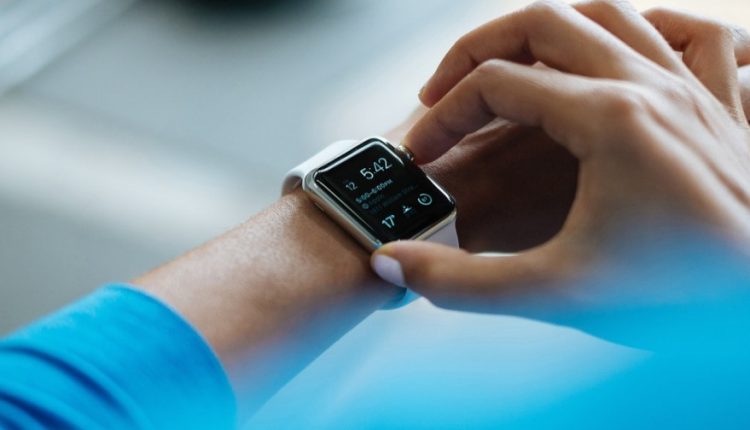Sensor-based technologies can go a long way towards helping women age independently.
A small University of Colorado study of 10 women (average age 65) characterized perceptions of wearable and smart home technologies for older women, including consumer-grade wearable activity monitors such as Fitbit and Yamax CW700 as well as smart watches with accelerator sensors. Smart home technologies, including sensors installed in the residential environment that allow for passive monitoring of health, were also studied, along with home sensors like bed and chair pressure, activity, video, door and window, and leak detection sensors.
This study showed that, in general, wearable sensors were perceived as more useful than smart home sensors because most participants had high levels of activities outside their homes. In addition, both technologies were acceptable for personal activity data collection, and participants had few concerns about data sharing.
“Our findings that younger, more active older adult women prefer wearable sensors for themselves and smart home sensors for their parents is important to tailoring technology research for independent aging,” said Assistant Professor Blaine Reeder, PhD, who focuses on conducting informatics research regarding aging in place, organizational information systems, and research tools.
“Given the greater number of women who will live into old age and their specific age-related risks, such as high-risk for fracture due to low bone mass, there is a need to identify approaches that help women to age independently. Sensor-based technologies show promise, but their acceptability with older adult women must be understood to promote adoption into daily life,” said Reeder.

